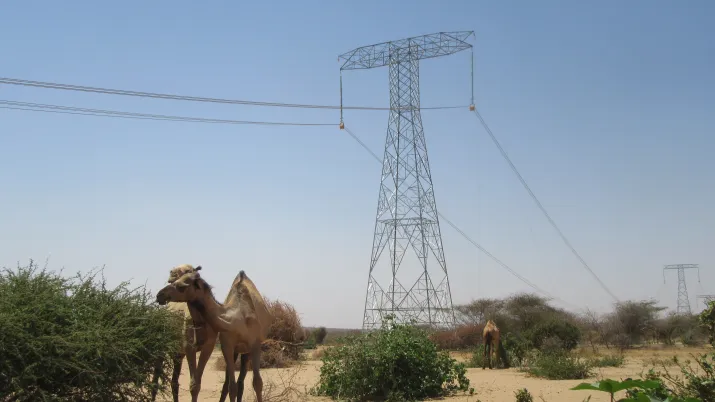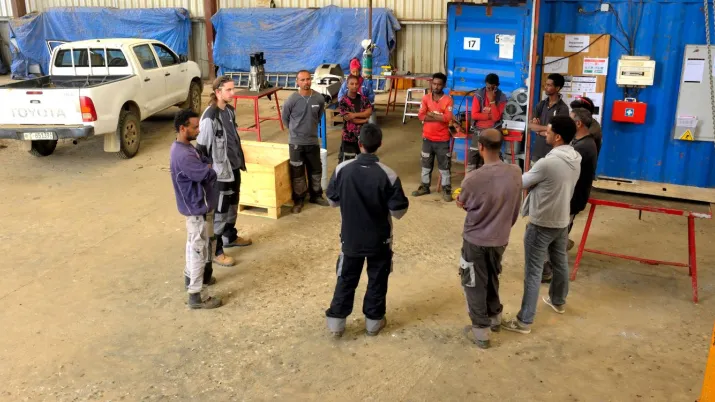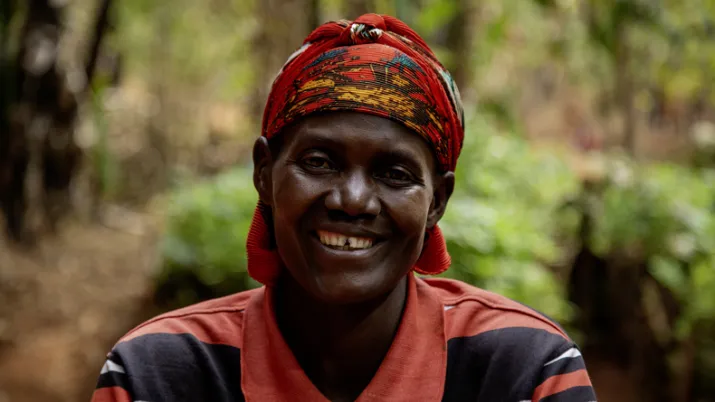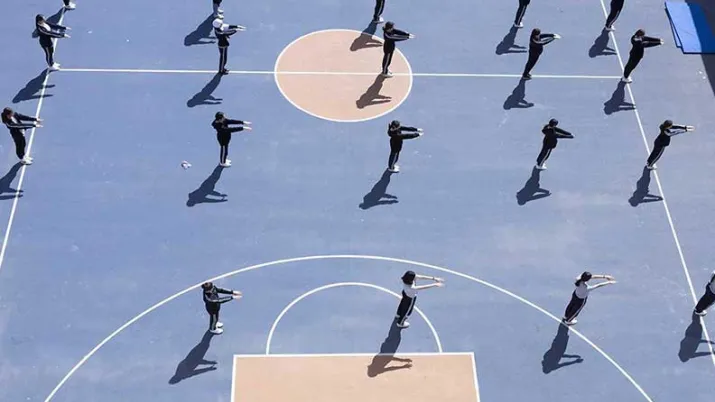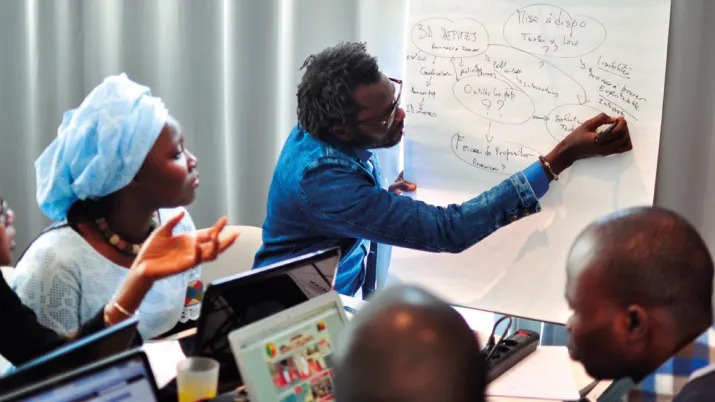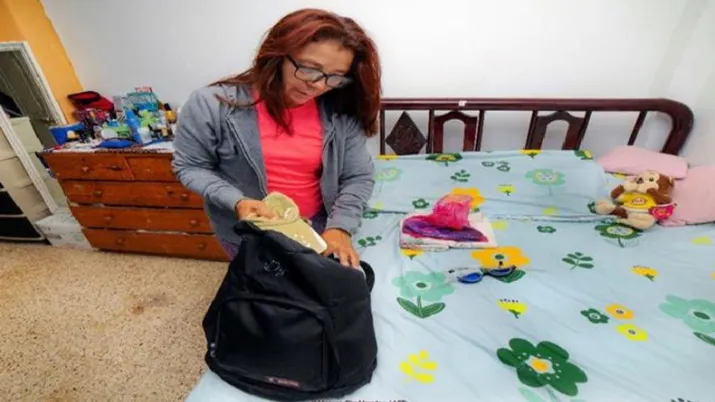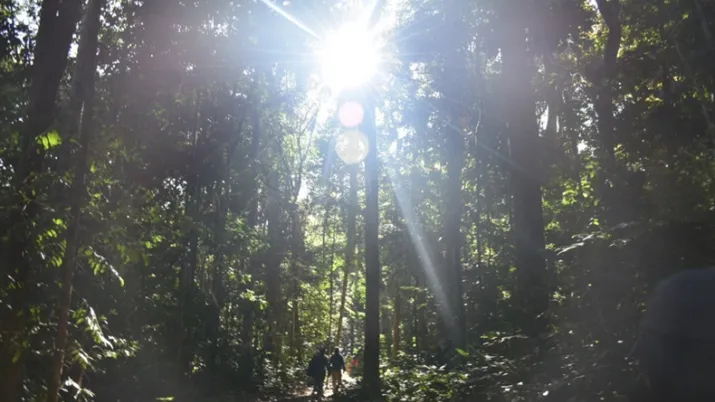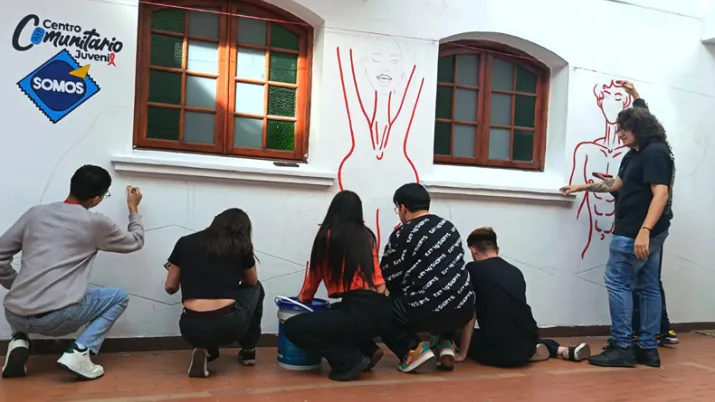Share the page
ETHIOPIA: Scientific cooperation to preserve Ethiopia’s cultural heritage and tourism
Project
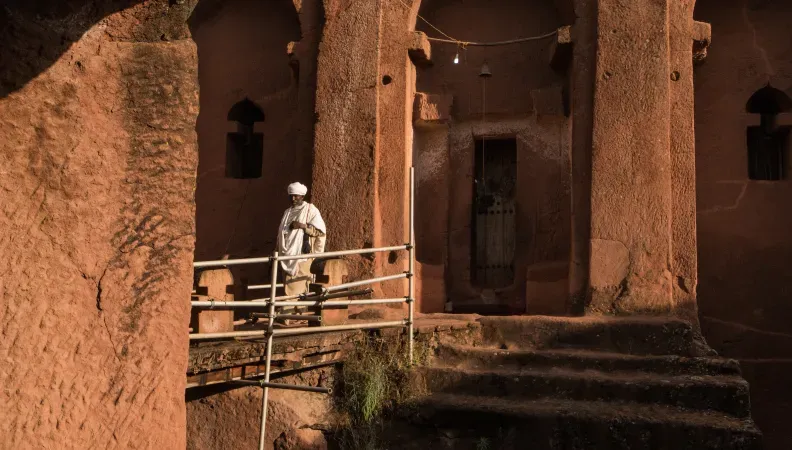

-
Project start date
-
Status
Ongoing
-
Project end date
-
-
Project duration
-
3 years
-
AFD financing amount
-
€ 3 300 000
-
Location
-
Lalibela, Ethiopia
-
Type of financing
-
Beneficiaries
-
Centre national de la recherche scientifique (CNRS), Ethiopian Cultural Heritage Authority (ECHA)
The project addresses the urgent need to restore and preserve Lalibela's churches through scientific and technical cooperation to build local capacity required for the preservation and management of Ethiopia’s rich cultural heritage sites.
Context
Eleven monolithic churches were carved out of the rock of Lalibela, in northeastern Ethiopia in the early 13th century on the orders of King Gebre Mesqel Lalibela, who wanted Ethiopian Orthodox Christians to have their own Jerusalem on their land. Today, the churches of Lalibela are a UNESCO World Heritage Site, Ethiopia's main pilgrimage site and a major tourist attraction.
The rock from which the churches were carved has eroded over time and the churches have become a real danger to priests, faithful and visitors alike. The roofs of some churches have already fallen in.
Following the French President's state visit to Ethiopia in 2019, President Emmanuel Macron and Ethiopian Prime Minister Abiy Ahmed agreed on a program to contribute to the management and preservation of the Churches of Lalibela.
Description
The grant was awarded to the Centre national de la recherche scientifique (CNRS) who will act as project manager through its Délégation Régionale team DR16 (Paris Michel-Ange). Part of the project will be implemented by CFEE (Centre Français d'Etudes Ethiopiennes) which has the status of a French Research Institute Abroad (IFRE).
Restoration and conservation work will be carried out by local craftsmen under the supervision of CNRS and CFEE experts and Ethiopian heritage representatives using a specialized scientific approach developed over the last ten years by the CNRS. CNRS will award equipment contracts in accordance with French public procurement rules.
Impacts
This unique scientific cooperation will lead to:
- Launching of an emergency program to restore the fragile and unstable areas of Lalibela through a series of 24 priority interventions;
- Restoration of church paintings, sculptures and interiors while respecting the original structures and materials;
- Strengthening of Ethiopia’s ability to preserve, conserve and improve their heritage through a newly created curriculum at the Institute of Heritage Management in Lalibela;
- Training and recruiting of 50 workers, 20 artisans, 10 technicians (digital data acquisition and management), 20 professionals, 30 university students and 50 guides for the enhancement of the archaeological site, as part of the project;
- Deepening of historical knowledge of the site and the region, to increase its tourism potential;
- Collection and archiving of a comprehensive digital database on Lalibela and other Ethiopian heritage sites.



